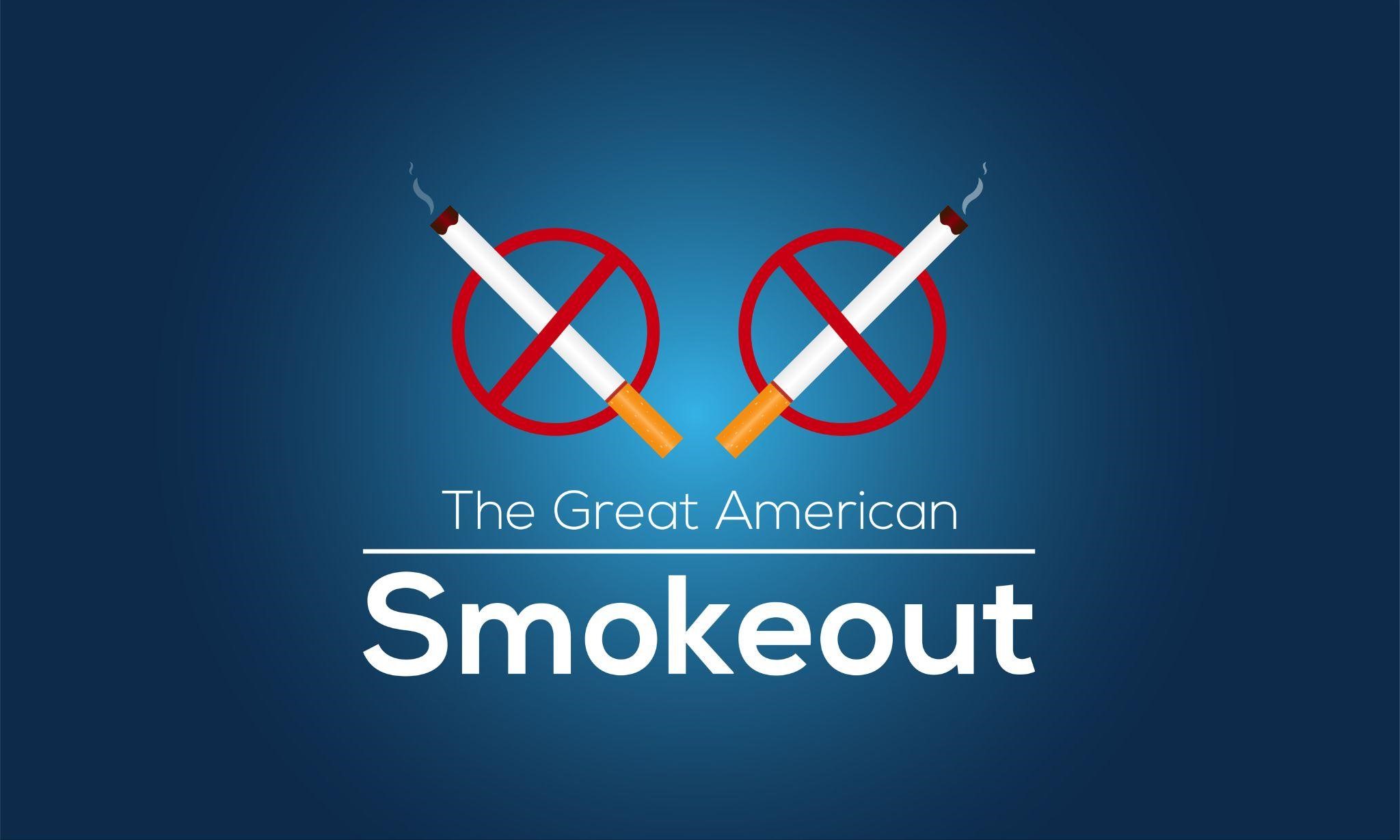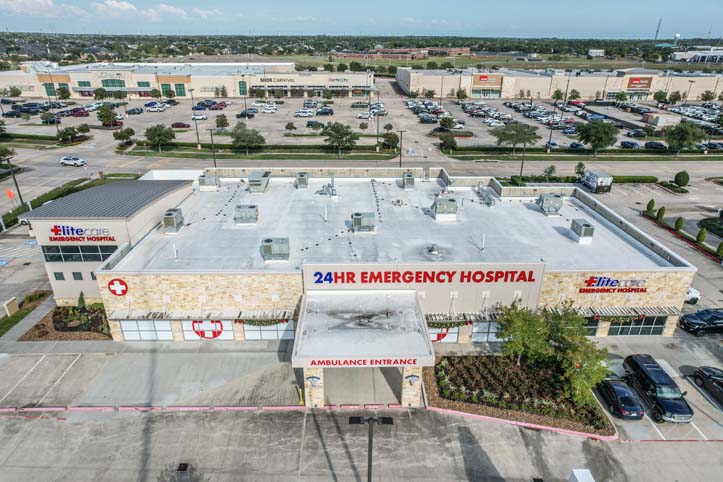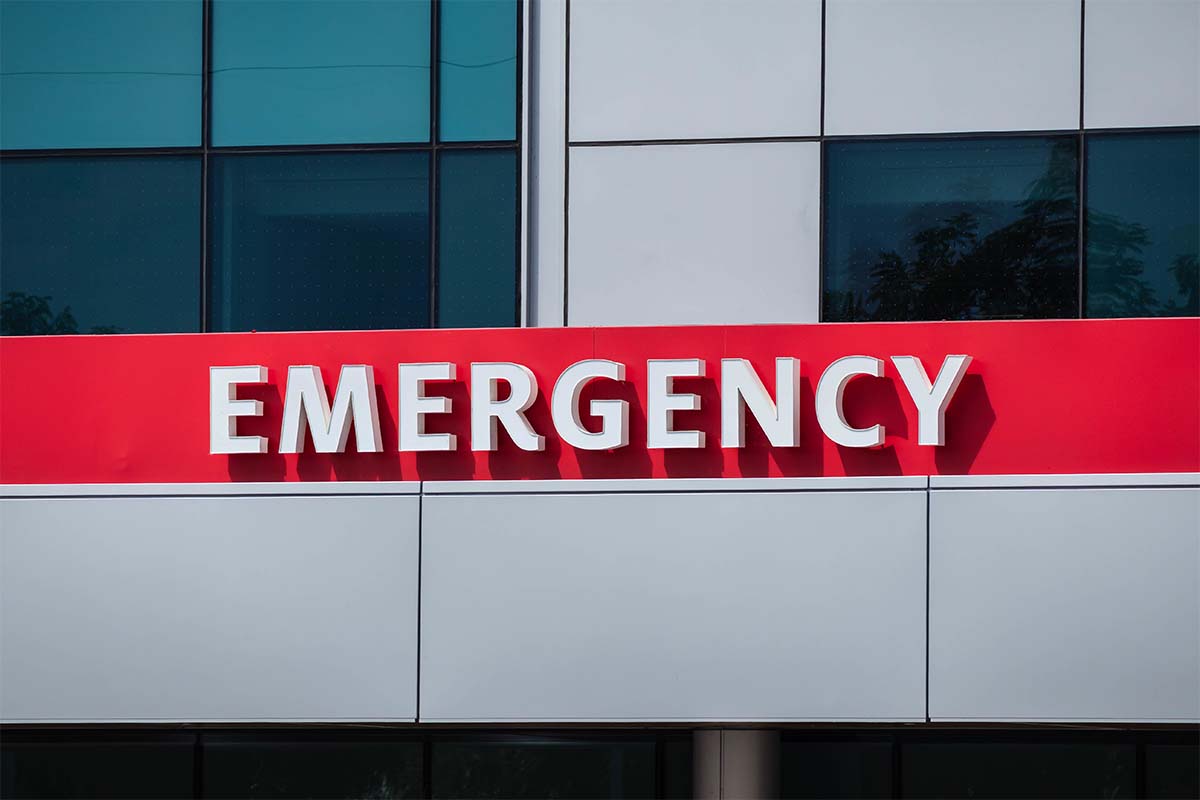
There is no better time than now to quit smoking. Each November, the American Cancer Society promotes the Great American Smokeout. It’s a time to pause and evaluate where you are on your journey to healthy lungs and a healthy heart. By joining thousands of smokers across the nation, you’ll be taking an essential step toward a healthy life and lowering your cancer risk. Additionally, the American Cancer Society can assist you in finding the tools and assistance you need to stop smoking.
The Numbers Behind Smoking
There are still about 34 million adult smokers in the United States, and smoking is still the leading cause of preventable disease and death worldwide. An estimated 480,000 deaths, or around 1 in 5, are brought on by smoking each year. Smoking rates have decreased during the past few decades, from 42% in 1965 to 14% in 2019, but the progress has been uneven.
Smoking leads to a disproportionate rate of disease based on the frequency of the habit. Socioeconomic status, education, and culture play a part in whether or not someone smokes. (American Cancer Society)
The Effects of Secondhand Smoke
The smoke that comes from a cigarette’s burning end and the smoke that smokers exhale together is called secondhand smoke. There are more than 7,000 compounds in secondhand smoke. Seventy or so cause cancer, and hundreds are harmful. Since the publication of the Surgeon General’s Report in 1964, secondhand smoke has been the cause of death for 2.5 million people who did not smoke. There is no level of secondhand smoke exposure that is risk-free.
Children and newborns exposed to secondhand smoke are more likely to experience frequent and severe asthma attacks, respiratory infections, ear infections, and SIDS, among other health issues. Smoking during pregnancy causes more than 1,000 newborn fatalities. Adults exposed to secondhand smoke are more likely to develop lung cancer, strokes, and coronary heart disease. (CDC, 2020)
Children who are exposed to secondhand smoke may experience significant health issues. According to the CDC, children whose parents smoke are more likely to get bronchitis and pneumonia, and their lungs do not develop as well as those in smoke-free households. Second hand smoke triggers asthma in children, as well as coughing and wheezing. Asthmatic children experience more severe and frequent attacks when living among smokers. Severe asthma can be deadly. (CDC)
By doing the following, parents can help shield their kids from secondhand smoke:
- Never permit smoking inside or close to your home
- Even with the window down, don’t let someone smoke inside your car
- Ensure caregiver homes are smoke-free
- Find restaurants and other establishments that do not permit smoking
(CDC)
Are You Ready to Quit Smoking?
The US Surgeon General has said, “Smoking cessation [stopping smoking] represents the single most important step that people who smoke can take to enhance the length and quality of their lives.” Quitting is hard, but you can increase your chances of success with help. To learn about the available tools, call the American Cancer Society at 1-800-227-2345 or visit the Cancer.org guide to quitting smoking HERE.
Works Cited
“Great American Smokeout.” American Cancer Society, www.cancer.org/healthy/stay-away-from-tobacco/great-american-smokeout.html.
“Health Effects of Secondhand Smoke.” Centers for Disease Control and Prevention, Centers for Disease Control and Prevention, 27 Feb. 2020, www.cdc.gov/tobacco/data_statistics/fact_sheets/secondhand_smoke/health_effects/index.htm#:~:text=Secondhand%20smoke%20causes%20numerous%20health,infant%20death%20syndrome%20(SIDS).
“Quitting Starts Now. Make Your Plan.” Smokefree Gov, smokefree.gov/build-your-quit-plan.
















